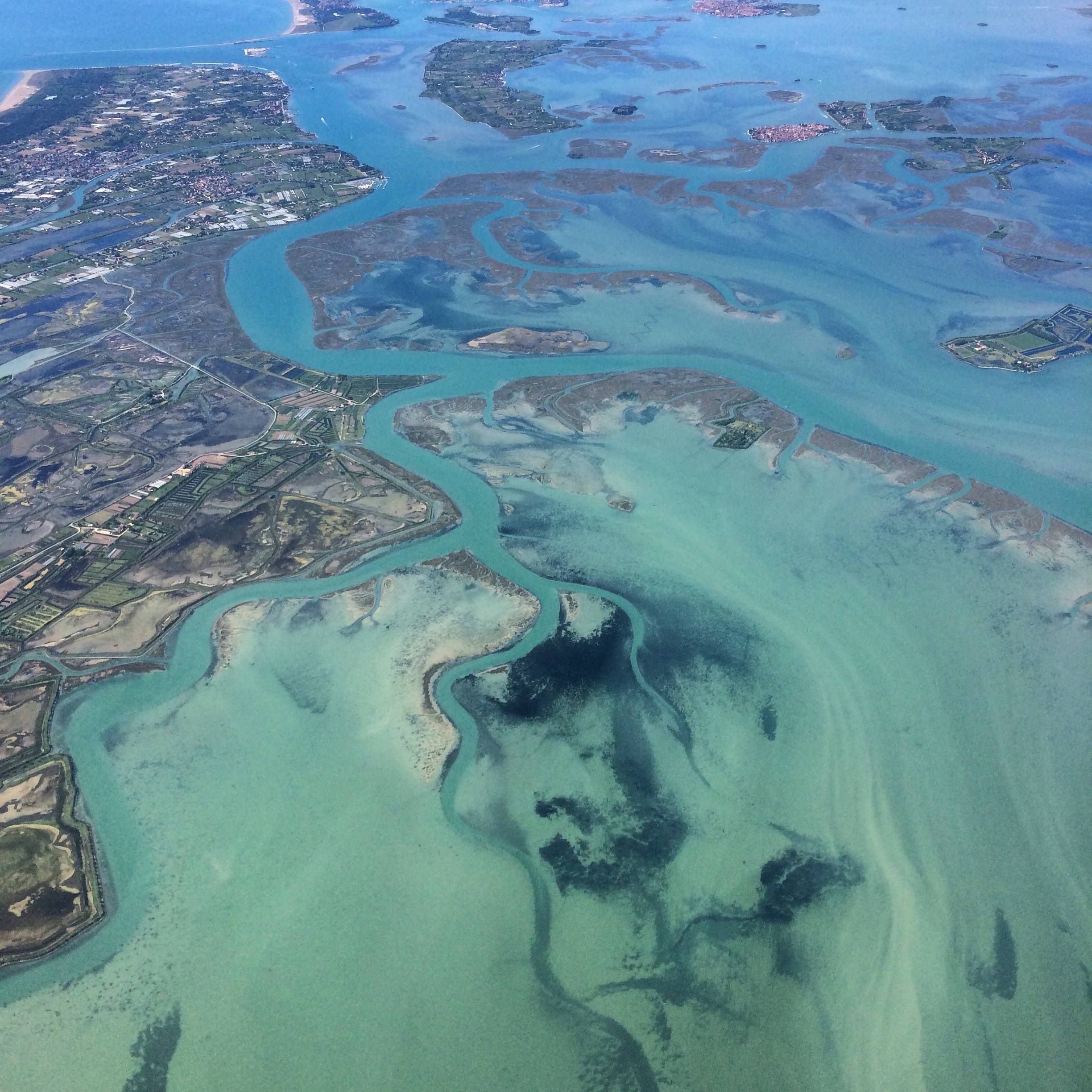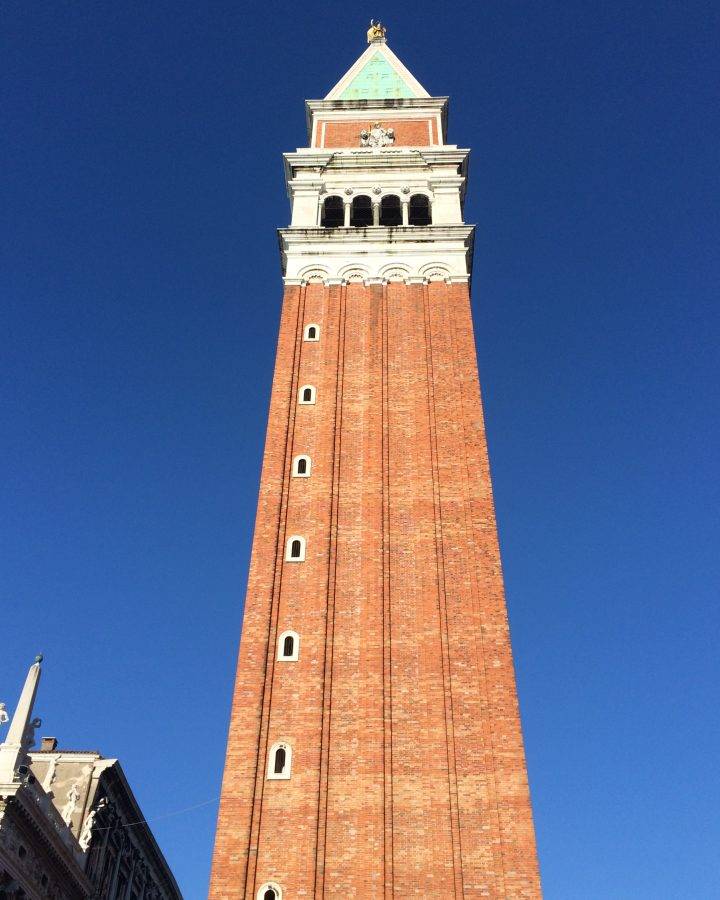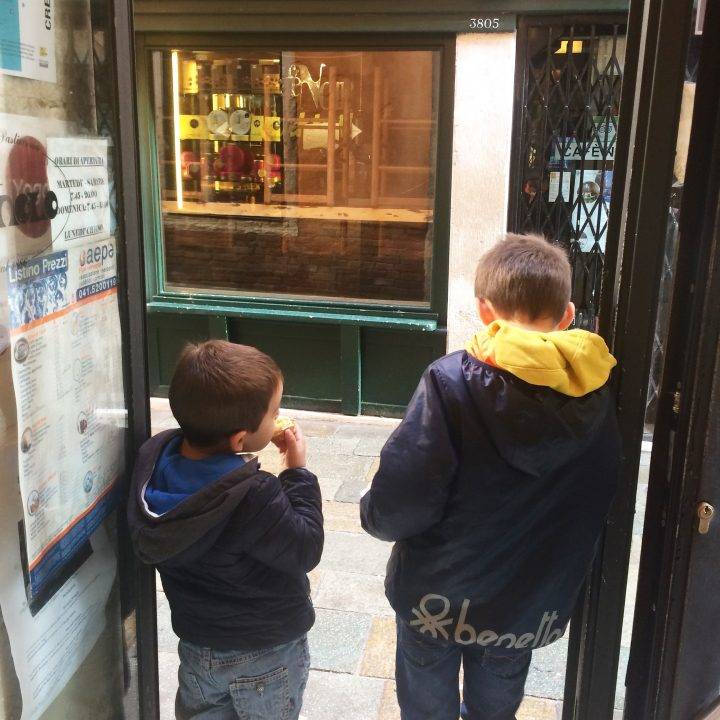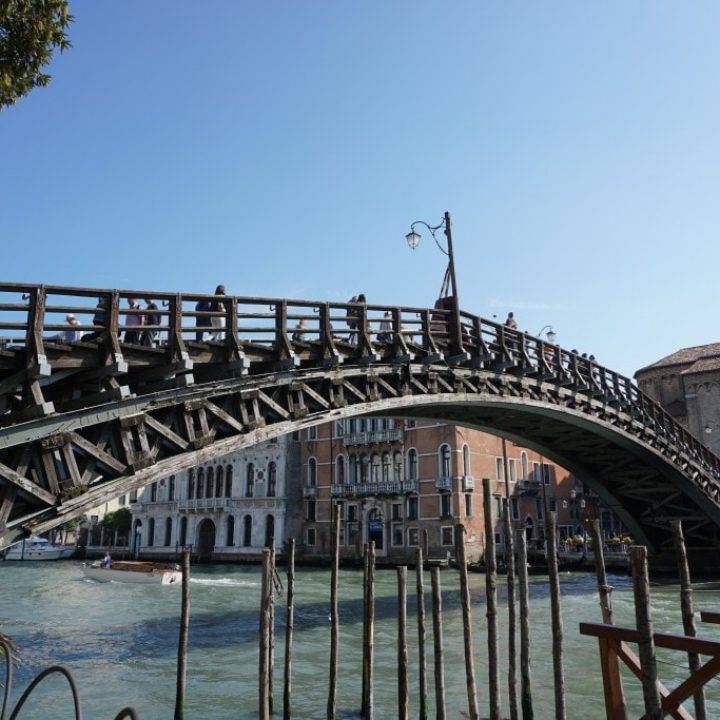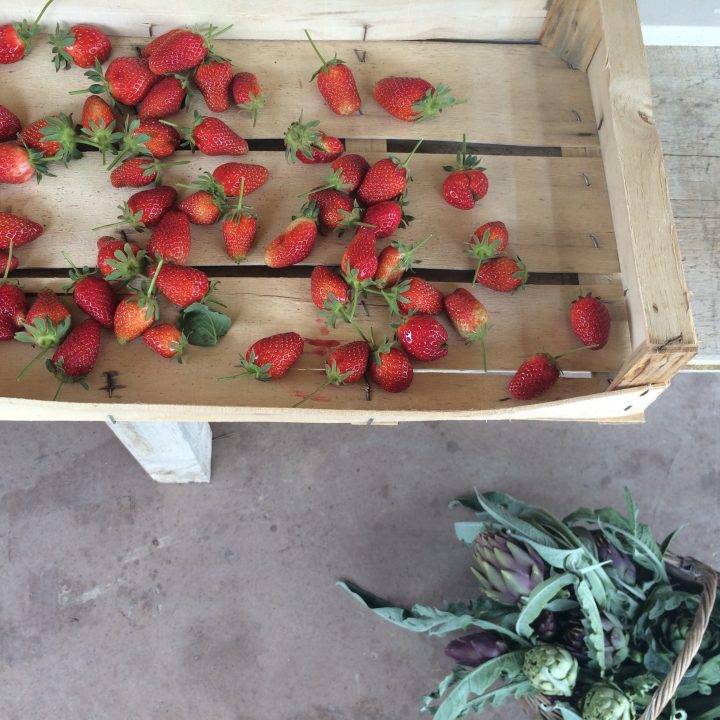Venetian Dialect or Venetian Language?
First thing to perhaps mention before entering into this discussion, is the fact that the term dialect is not actually technically correct here. For example, a dialect is more accurately used to describe how American English is a variation of the parent language English. In this case, we are talking about a whole new language – The Venetian Language.
The various languages spoken in different parts of Italy are not deviations from Italian, but rather they have evolved on their own from Latin and developed independently. They are truly languages in their own right. However, as the country became united, there was a need to adopt one common language, which is what we know today as Tuscan Italian.
What is fascinating about languages is the fact that we take such pride in belonging to one nationality or another, yet in realty, languages and dialects and accents reflect much more our geographical neighbors as apposed to our national brothers and sisters. By this, I mean you will find more similarities between Venetian and Austrian or Slovenian, as apposed to Venetian and Pulgiese.
Despite this, you will likely still hear others incorrectly describe Venetian as a dialect. But now, you know better 🙂
Language of the Sea
The Venetian Language is also known as ‘the language of the sea’, partially because of Venice’s location on the water, but also due to how words evolved so that they could be clearly understood from one boat to another. Similarly, this also goes for numerous phrases that also have some relation to the sea or water. The core of the language is derived from ‘Vulgur Latin’. This is similar to saying ‘Pidgin English’.
In my opinion, and I am shamelessly bias, is that Venetian has a romantic yet gruff charm. Not as refined as Florentine perhaps, but there is a singing nature to it. It’s calming and somehow reminds me of sounds of Edinburgh. But it’s fair to say that Venetian language is not always like this. There’s a multitude of creative and colorful insults that are jokingly flung around in the market and by friends passing, which have a tone of their own. It’s best to not try and translate those!
The local language was brought into the limelight by Carlo Goldoni, who reenacted popular scenes from daily life using the original dialect. This was something that was previously considered ‘uneducated’ to know or exhibit.
Nowadays, Venetian is still spoken among the younger generations, but often not in whole sentences; more so only the odd word thrown in. I’ve also heard many local friends saying they understand it completely, but often don’t use it themselves. This is because Venice is a true melting pot, and most groups of friends will be made up of a mix of Italians from various regions rather than solely Venetians.
To concludes:
While it is essential for the mentality of a country to have a uniting tongue, it’s also true that once a language is lost, it is almost impossible to recover. Therefore, considering much of the city of Venice herself is written in Venetian, it’s essential to preserve this historic part of Venice, thus c elebrating her wonderfully weird traditions.
Important words to learn before visiting Venice
Calle – Street
Rio – Canal
Fondamenta – A sidewalk along a canal
Cicchetti – small bite to eat (similar to a tapas)
Ombra – small glass of white wine to accompany cicchetti
Bacaro – a bar
Ferry – a gondola that crosses over the river, offering passage
Schei – money
Straco – Tired
Hi – hello / goodbye
* Click Here to try more fun Venetian words!


